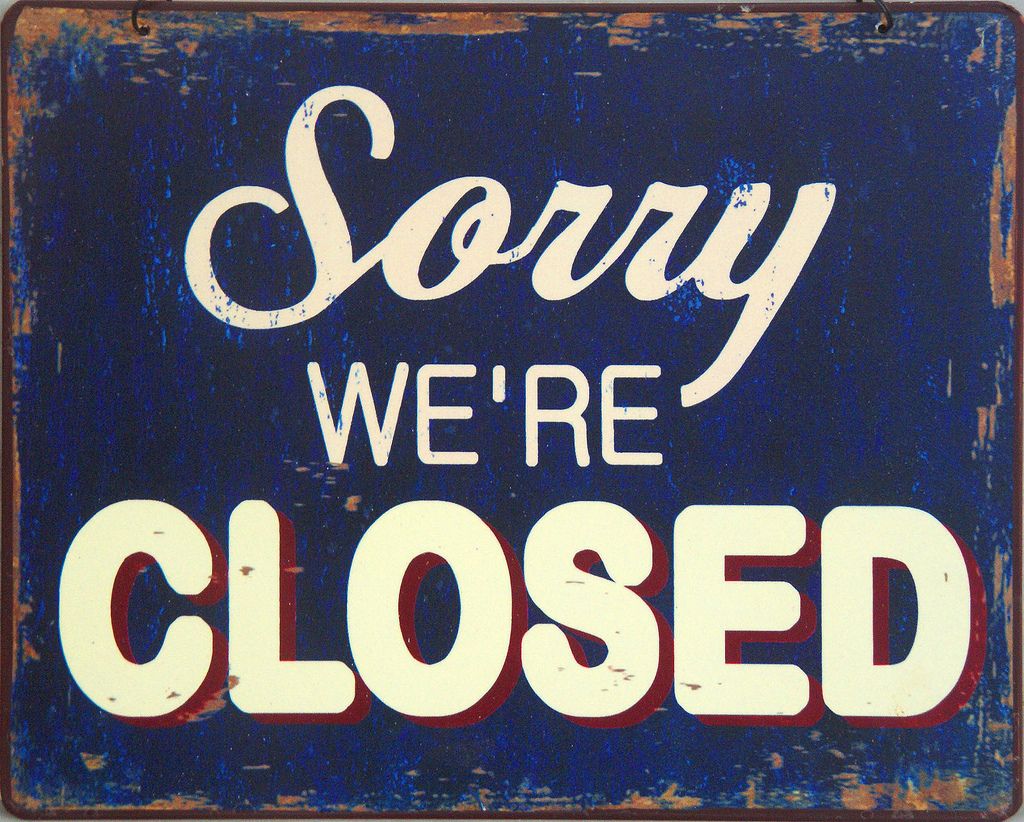I believe the battle to reopen the economy that we will all see and hear discussed during the next several weeks is going to be among the biggest, most high stakes political battles in recent memory. While it will be partisan, there are reasons for hope. Governors, in particular, should be very motivated to get their states back to work. The Media, particularly the national media, are perhaps more motivated to keep the current shutdown in place. It will be up to the American people to sift through all of this information and arrive at a consensus as to what is the best way and under what parameters the economy should reopen for business.

Nirvana
The current shutdown, however temporary and however devastating for those who have lost their jobs, is Nirvana for two groups: those who are advocates of greater central planning in our economy, and the media. For advocates of central planning, you have the bulk of the US economy shut down by Federal and State order. It’s not Communist China or North Korea-level control, but it’s more central control than we have ever seen here in the US. Citizens, afraid for their own health, are willing to go along with the government mandates for the time being. How long will they put up with it? As long as those in charge of the shutdown can keep the citizenry convinced that there is more danger in going out and going to work than there is in staying home.
As for the media, since everyone is staying at home working or not, what else are they doing? Watching the news. Viewership of all levels of broadcast news media is way up. The news media is central to daily life in the US more now than it has been in many years, particularly since the dawn of the internet age. For the media, keeping the economic shutdown in place is good for their viewership and good for their business. Why should the media be motivated to put forward stories that might cause the shutdown to relax or the make viewers more confident that they won’t get sick if they return to work and other semi-normal activities? The answer is that ad revenue could decline if advertisers remain closed, but I’m guessing that process would take a long time to play itself out.
Back To Work
That business owners (including owners of publicly-traded stock) want the shutdown restrictions to end and to get back to work goes without saying. People would rather get back to work than collect unemployment. People sometimes want to go out to eat in some capacity rather than eat at home every day. People need social interaction with other people.
Also, think about this: States can’t print money. The Federal government of course wants to continue to collect income taxes, but if tax revenues slow, the Federal government can make up for its shortfall by printing more money, which means borrowing more from the public including the rest of the world at historically low interest rates. The CARES Act shows that the US Government, including the Treasury Department and the Federal Reserve Bank, is not afraid to force the printing presses to work triple shifts.
States, however, can’t make up for budget shortfalls by printing money. States need tax revenues. Many states have balanced budget provisions in their state constitutions, and so tax revenue shortfalls necessitate cuts in state outlays. States, and the governors of those states, Democrat and Republican alike, should be motivated to get people earning taxable income sooner than later.
Who Turns On The Switch?
On Monday 4/13, a new potential front arose regarding whether it is the Federals or the States who have the authority to make the call to open up again. President Trump says it is the Federal Government’s role to do so, but the states mostly beg to disagree. There is hypocrisy on both sides of this battle. President Trump says it is his call to reopen the economy but he previously and repeatedly left the “closing” decision up to the governors. Many of those who now think each state should have the right to make its own decision previously argued that President Trump was wrong not to close the entire country down or to have uniform stay at home policies throughout each state for fear of spreading the virus into previously less-infected states. So it looks like we will see a battle even for who gets to turn on the switch.
IMO
I am optimistic that there are enough states, governors, and US citizens of any ilk that the back-to-work signal will be given in due course. Most people are sufficiently afraid of getting sick that they won’t take undue chances. How to address mass transit in big cities will be a tough challenge. If you have ridden the NYC subway system, you know at least that it is not conducive to social distancing. Perhaps employers in NYC will have to continue to allow work-from-home to continue. I believe state and local governments are much better equipped to sort this all out, just as I believe state and local governments are better equipped to make most decisions that impact their own states, cities, and counties. If I have to guess, we will go back to work in a limited capacity sometime during early May – Monday, May 11 is a good bet. Restaurants will be allowed to open with limited seating for a period of time. Same with retail stores – grocery stores are already doing this. Entertainment and sports venues are going to be difficult to reopen to paying fans. All sports leagues need to move forward with plans that involve playing for broadcast only with no (or very few) fans present. We will have to live and work under these parameters probably for the next 12 months, as more and more people acquire immunity and perhaps as a vaccine gets closer. Wish us all luck!
